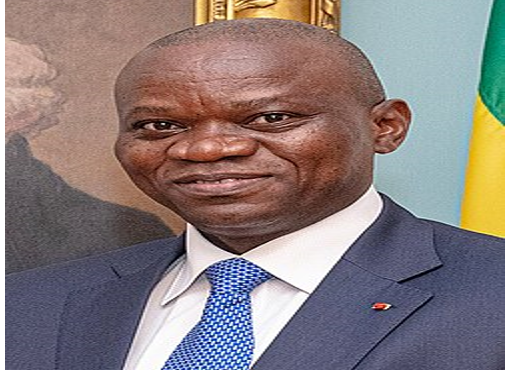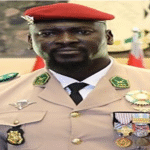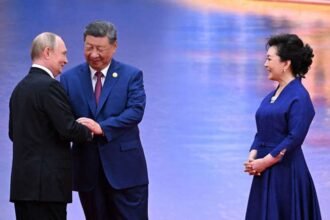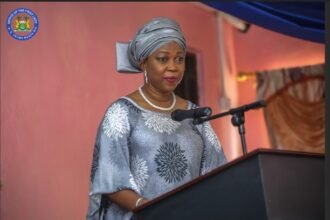By Isaac Okoro
Abuja, Nigeria – West Africa is experiencing a profound transformation, with the political and economic landscape undergoing a dramatic shift that challenges long-held assumptions and power structures. The region, often referred to as the Sahel, is witnessing the rise of new leaders, a rejection of colonial legacies, and the emergence of alternative partnerships, most notably with Russia.
The recent ascent of Gabon’s President Oligui Nguema following a coup is just one example of the changing political tides. While greeted with condemnation by many Western nations, these shifts are often viewed by some within the region as a necessary step towards greater autonomy and self-determination.
For decades, France held considerable sway over its former colonies in the Sahel, wielding influence through economic partnerships, military presence, and the CFA franc, the regional currency pegged to the Euro. However, this influence is demonstrably waning. Anti-French sentiment is on the rise, fueled by accusations of neo-colonial exploitation and a perceived failure to effectively address security threats like terrorism.
“There’s a growing frustration with external interference and a desire for African solutions to African problems,” explains Dr. Amina Dagoma, a political analyst specializing in West African affairs. “The perception is that France’s presence hasn’t delivered tangible benefits, and in some cases, has exacerbated existing challenges.”
This vacuum is being filled, in part, by Russia. Moscow’s growing influence, often through security partnerships with private military companies, is raising concerns among Western powers. While proponents argue that Russian involvement offers a needed alternative to traditional Western security initiatives, critics warn of potential human rights abuses and the risk of further destabilizing the region.
Adding to the complexity is the ongoing debate surrounding the CFA franc. Critics argue that the currency, guaranteed by France, perpetuates economic dependence and limits the financial sovereignty of member states. Calls for monetary reform and a move towards independent regional currencies are gaining momentum, reflecting a broader desire to dismantle the structures of colonial legacy.
“The future of the CFA franc is a litmus test for the region’s commitment to genuine economic independence,” says economist Jean-Pierre Diallo. “The alternative, while potentially challenging in the short-term, offers the promise of greater control over monetary policy and ultimately, sustained economic growth.”
The shifting powers in the Sahel present both opportunities and challenges. While a rejection of neo-colonialism and a pursuit of self-determination are laudable goals, the transition must be carefully managed to avoid further instability and ensure that new partnerships serve the best interests of the region’s people. The emergence of alternative power dynamics, while promising greater autonomy, also carries the risk of new dependencies and potential geopolitical tensions. As the Sahel navigates this period of profound transformation, the world watches with growing interest and concern.









